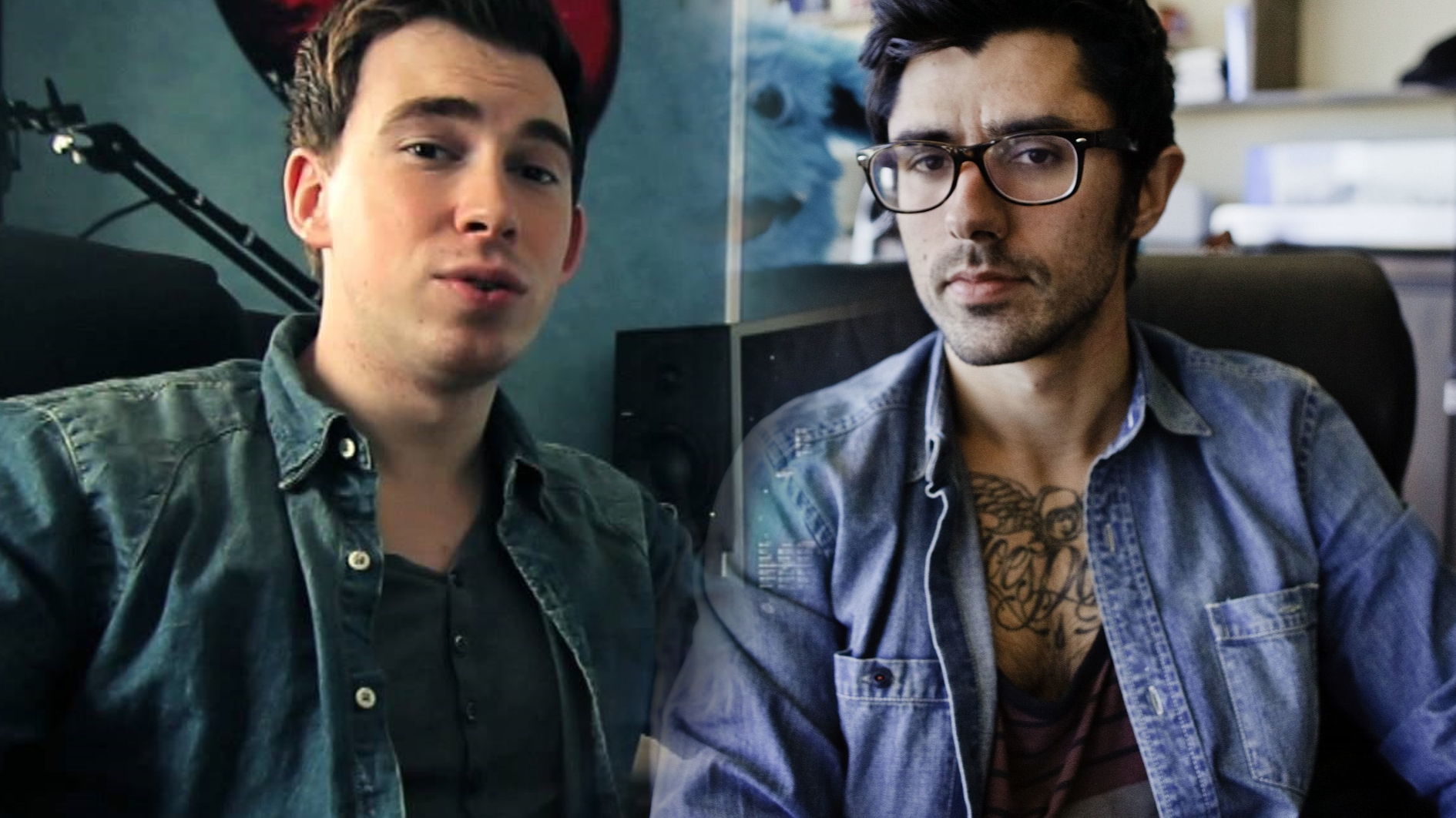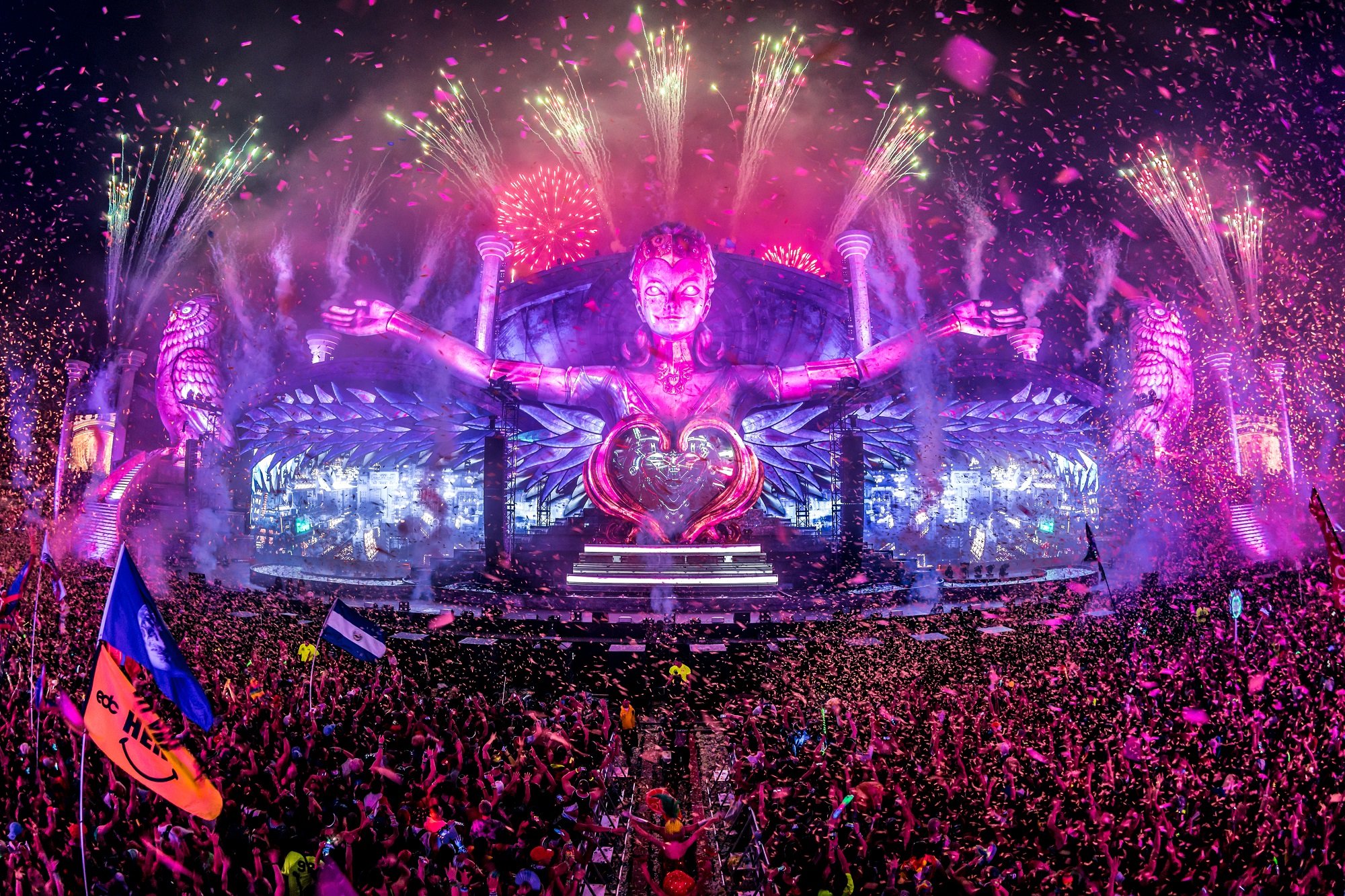It seems that despite the closures of multiple piracy sites, including Kickass Torrents and Youtube-mp3.org, piracy is still on the rise according to the global recorded music industry group International Federation of the Phonographic Industry, or IFPI. Whereas last year the amount of people accessing unlicensed music was around 35 percent, this year hit 40 percent, or 2 out of every 5 users.
“Copyright infringement is still growing and evolving, with stream ripping the dominant method,” says IFPI chief Frances Moore. “With the wealth of licensed music available to fans, these types of illegal sites have no justifiable place in the music world,” she says, calling for greater regulation of the digital music sector.
In order to come up with the figures, consumers from 13 countries were surveyed. The most common way of pirating musical content continued to be “stream ripping.” The amount of people using this method was around 35 percent this year, up from 30 percent at the same time last year.
The percentage of stream rippers rose to 53 per cent among 16 to 24 year olds, while only 18 per cent of 55 to 64-year-olds engaged in stream ripping.
The report said search engines “play a key role in copyright infringements,” with 54 per cent of those downloading unlicenced music using Google to find it.
Among 13 to 15 year olds, 85 per cent were using streaming services, according to the survey.
As with any kind of widespread social act, it’s much harder to find the root cause than it is to fight the symptons, i.e., companies are spending far too much time fighting against piracy sites rather than finding out why users engage in piracy in the first place.
In fact, a study in 2009 found that music pirates are 10 times more likely to pay for songs than those who don’t. If this seems backwards to you, you’re not alone. Thankfully, the study did not rely on music pirates’ honesty. Researchers asked music buyers to prove that they had proof of purchase.
And yet, the music industry as a whole is still reporting lower profits overall. There must be some other condition or event going on, but until it is identified, major labels and copyright lawyers will continue to fight against the surface conditions without much success.
via SCMP










